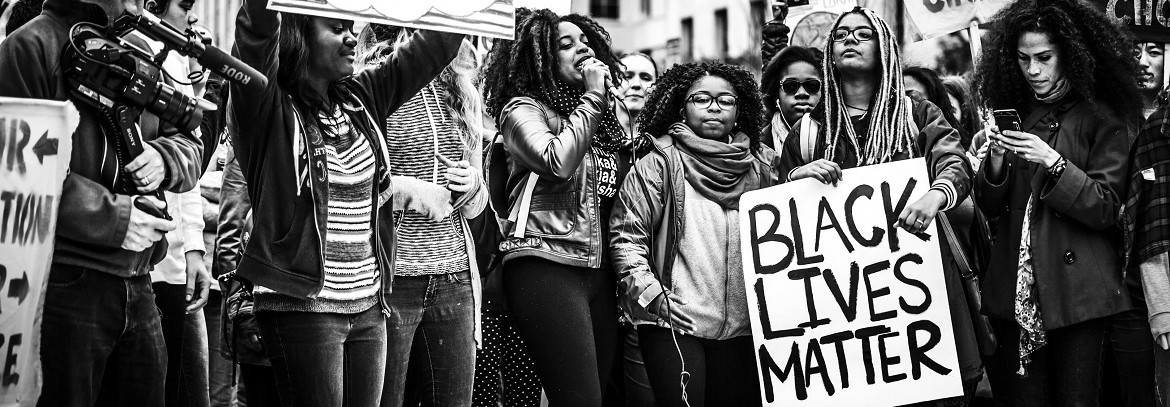Liberal Arts News
Our commitment to anti-racism
Image credit: Johnny Silvercloud/flickr
The murder of George Floyd (and so many others) has affected all of us. We understand that some of you in our community have been particularly hurt by this. Racism is a systemic feature of our society, and this is not limited to what has been happening in the United States in the past few weeks and over the years.
Here in the School for Cross-faculty Studies, we are strongly against any type of racist activity and we commit to an anti-racist culture and education.
Press interviews with Dr Stéphanie Panichelli-Batalla on Cuban international healthcare

Image: GovernmentZA/flickr
At the start of this month, Dr Stéphanie Panichelli-Batalla, the Head of the School for Cross-faculty Studies, was interviewed for an article in The Guardian relating to her research on Cuban international healthcare professionals. The article looks into Cuba's 'doctor diplomacy' scheme, and in particular, the emerging trend of Cuban medical teams supporting struggling health services during the Coronavirus pandemic in developed European nations.
In addition, Dr Stéphanie Panichelli-Batalla was also interviewed on Spanish National radio on Wednesday 13 May 2020 for the programme Cinco Continentes (Five Continents). This interview also relates to Dr Stéphanie Panichelli-Batalla's research on Cuban international healthcare professionals and Cuban medical diplomacy, and in particular to the latest interventions of Cuban doctors in Europe. You can listen to the podcast here.
New publication: Edited collection by Dr Bryan Brazeau

Dr Bryan Brazeau, Senior Teaching Fellow in Liberal Arts, has recently published an edited collection entitled Beyond Aristotle’s Poetics in the Italian Renaissance: New Directions in Criticism (including an essay by Dr Brazeau with the title "Soul to Squeeze: Emotional History and Early Modern Readings of Aristotle's Poetics,” which focuses particularly on Lodovico Castelvetro's Poetica D'Aristotele vulgarizzata e sposta. (1570))
The collection is published with Bloomsbury Academic and is available in the Library.
ICUR 2020: Call for abstracts now open

Applications for the International Conference of Undergraduate Research (ICUR) 2020 are now open!
ICUR is a great opportunity for you to present your research to a global audience. Sponsored by the Monash-Warwick Alliance, the video-linked conference will take place from 29-30 September 2020, connecting students at the University of Warwick, Monash University, as well as other institutions around the world.
The deadline for abstract submissions is Sunday 31 May 2020. You can submit your abstract here.
Article published for The Conversation on Cuban internationalism by Dr Stéphanie Panichelli-Batalla
Dr Stéphanie Panichelli-Batalla, the Head of School for Cross-faculty Studies, has had her latest article on Cuban internationalism published by The Conversation UK. The article is titled 'By sending doctors to Italy, Cuba continues its long campaign of medical diplomacy'. You can read the article in full here.
"Cuba stresses its programme to send doctors abroad is based in solidarity. But there are diplomatic and economic reasons too."
You can also read Dr Stéphanie Panichelli-Batalla's recent article published by The Oral History Review on laughter in oral history interviews with Cuban internationalist healthcare professionals here.


